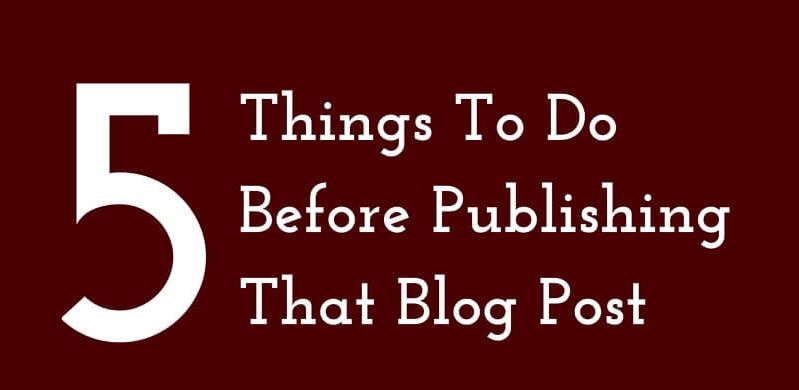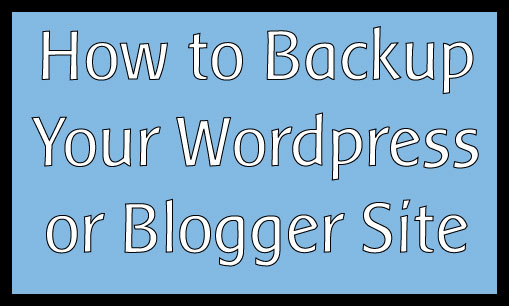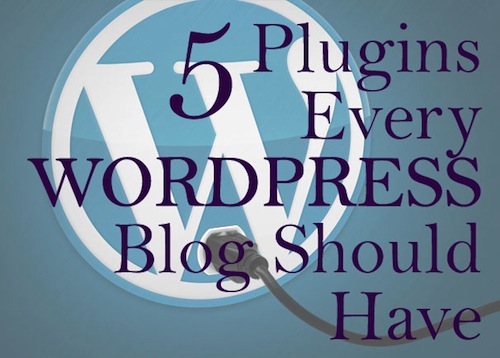Should You Allow Another Website to Republish Your Content?

For bloggers or writers who publish any of their work online, exposure is a big deal. While it doesn’t pay the bills, it can certainly lead to a bigger following and opportunities down the line. So when a site or blog contacts you to ask if they can republish your content, your initial thought may be yes. However, there are a few things you need to consider before coming up with your answer.
Are they paying you?
Sites like Huffington Post are known for not paying their writers. Many people are drawn in by the name, but don’t think of this fact. Always ask this question upfront so that it’s no surprise to you after it publishes.
Is the exposure they’re offering actually tangible?
If there’s one thing we’re all collectively sick of, it’s sites and companies coming at you with no payment beyond “it’ll be great exposure.” Can they prove that? Will the exposure truly be worth anything to you? Do you have a way to quantify what the return will be? Exposure is worth it if your content will have high traffic, and you have a bio that has a link to your personal work. If your content will be buried, or you can’t include a link back to your website, it’s not worth it.
Is the site bigger than yours?
If someone is emailing you asking to republish your content and you’ve never heard of them, do your Googles. If they’re not a bigger site than you, it’s best to pass on this “opportunity” because they need you more than you need them. But you should know, if the site is bigger than yours, Google will rank their version of your content before yours more often than not. This means the one on your site might lose traffic to the republished one. Again, this stresses the importance of having a link back to your site.

Will this boost your platform or positioning in some way?
What do you gain from republishing your content on their site? The benefit for the person asking is that they get content that is relevant to their readers. That’s one less post they have to worry about. But how does this help you? Ask yourself what your goal is for your writing to be shared via other mediums and platforms. Will it be something you can include in your media kit? Will it increase your authority in your field? Do you have a product or service to sell that will benefit from this?
Is this timeless content that will always bring you views?
There are two types of content: evergreen and time-sensitive. Evergreen posts are relevant long after they’re published, and need very little, if any, editing down the line. Time sensitive posts, like breaking news, usually loses its luster after it becomes, well, old news. Preferably, you’ll have a post that can continue being relevant years from now, because you can continue to get traffic to it.

That’s quite a few things to think about. If the answer to 2 of more of these is a resounding NOPE, I say don’t do it.
So what are some other options?
If you WILL be allowing your piece to be republished, here’s what to keep in mind:
Let them republish less than half of the piece
When you agree, you can give the directive that the site only republishes less than half of your original post, and then do a link back to your site where people get to read the rest. There are many sites that do this, and it helps because if people want to learn more, they’ll have to click the link to your site to get it. But make sure you link directly to that post, and not your homepage. You don’t want people fishing for the information they thought they were getting.
Make sure your links stay intact
Good content, especially on your website, should include links to other relevant posts that you’ve written. Some sites will republish your content, and take out all of your links. This makes it pretty pointless because most people aren’t going to manually search for you, so you lose out on pageviews.
Make sure your byline is included
Unless your negotiate republishing your content as a ghost writer, always be sure to include your name and bio so that you receive proper credit for your work! Without it, you can’t establish yourself as a thought leader, because readers will think the site that republished your content was the originator.

Your blog may be small but how it grows is by people linking to it. Always remember, when you republish your stuff elsewhere, THAT website gets the credit, not YOU. Your byline can easily get lost in the sauce. People just remember “I read it on Slate” Not “I read a piece by Oneika”.
No matter what you decide to do, always ensure that if someone is republishing your content, it is with your expressed permission only. If you see that someone has put your words on their site without credit or any heads up, you need to take action IMMEDIATELY. Contact them directly first, and if necessary, send them a DMCA takedown notice.
If someone is reaching out to put your words on their website, congrats! They like your stuff. But make sure you do it on your terms only.






